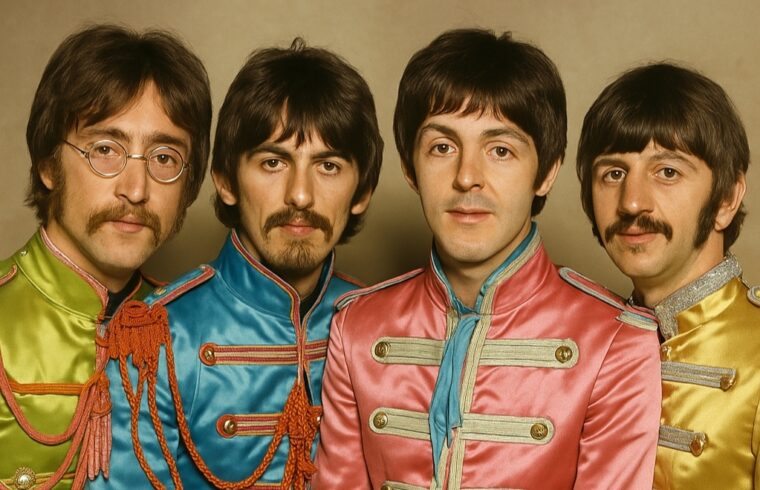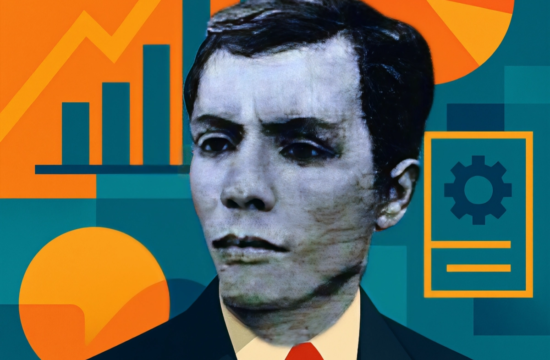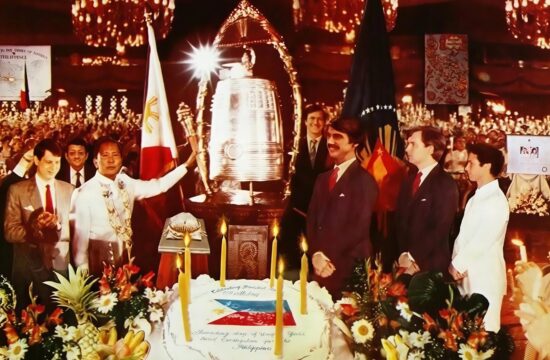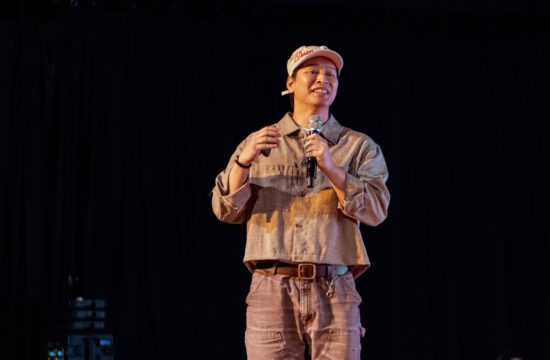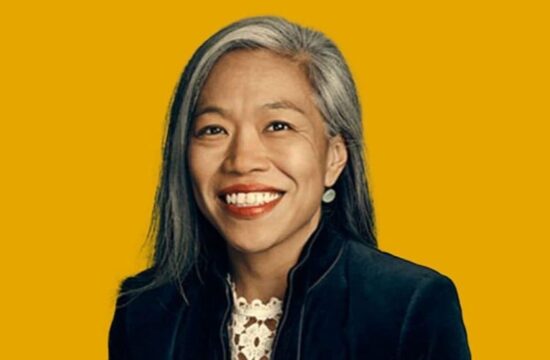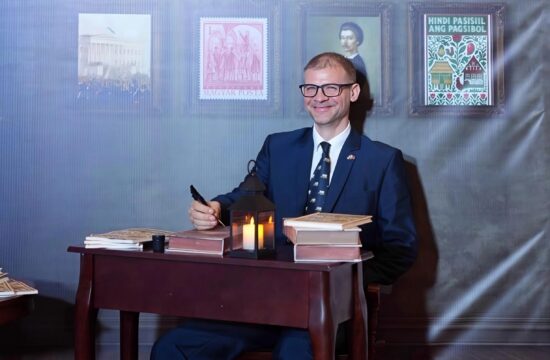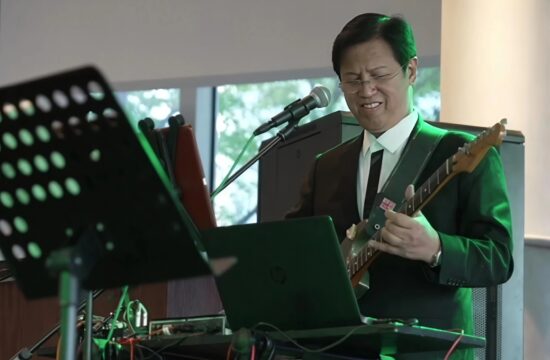Every year on June 25, millions around the world celebrate Global Beatles Day—a moment to honor not only the enduring music of The Beatles but also the ideals they stood for: peace, love, and cultural unity. The date commemorates the band’s iconic live performance of “All You Need Is Love” on the BBC’s Our World program in 1967, the first-ever live satellite broadcast viewed by over 400 million people in 26 countries. The message was clear and simple: love is the universal language.
The Beatles’ journey from humble beginnings in Liverpool to international superstardom remains one of modern music’s most legendary tales. Formed in 1960, the band consisted of John Lennon, Paul McCartney, George Harrison, and Ringo Starr—four young men who started out playing in small clubs in Hamburg and their hometown. Initially influenced by skiffle, beat, and early rock and roll, they broke out in 1963 with a series of chart-topping singles in the UK. Their arrival in the United States in 1964 triggered “Beatlemania” on a global scale, launching what would later be known as the “British Invasion”.
But The Beatles weren’t just entertainers—they were revolutionaries. Their transformation from mop-topped pop idols to psychedelic pioneers redefined what a band could be. Albums like Revolver, Rubber Soul, and Sgt. Pepper’s Lonely Hearts Club Band pushed the boundaries of songwriting, recording, and genre itself. Yet, with fame came challenges—and few were as dramatic as their controversial 1966 visit to the Philippines.
When The Beatles landed in Manila on July 3, 1966, they were welcomed by throngs of excited fans. More than 80,000 Filipinos gathered at the Rizal Memorial Stadium to witness history. But what began as an electrifying tour quickly spiraled into a political nightmare. A scheduled courtesy call to then-First Lady Imelda Marcos was missed due to miscommunication between the band’s management and local organizers. The press portrayed it as an intentional snub. Government protection was abruptly withdrawn, and local hostility escalated.
What followed was chaos. The band and their entourage were shoved, harassed, and humiliated as they attempted to leave the country. Airport security allegedly allowed mobs and protesters to surround them. Equipment was seized, and the band was reportedly forced to hand over a portion of their concert earnings to ensure safe departure. Ringo Starr would later recall it as one of the most terrifying experiences of his life. The trauma ran so deep that The Beatles never toured again. Manila became a footnote in music history—but one filled with lessons on fame, politics, and cultural misunderstanding.
Decades later, Ferdinand and Imelda Marcos’ son—now President Ferdinand “Bongbong” Marcos Jr.—claimed in an Esquire Philippines interview that he eventually became friends with the Fab Four. However, this claim remains unverified by Paul McCartney, Ringo Starr, or anyone close to the band. The Beatles, in fact, continued to speak negatively about their Manila experience long after the fact.
Nonetheless, despite the sour memory, The Beatles’ music continued to flourish in the Philippines. Their sound became a beacon for change and a blueprint for a new generation. Before their rise, instrumental “combo” bands dominated local airwaves. But after their brief and tumultuous visit in 1966, vocal rock bands began to take center stage. Filipino groups like The Dynasonics, D’Downbeats, and The Hi-Jacks drew direct inspiration from The Beatles—not just musically, but stylistically and culturally. They covered Beatles songs and later composed their own, sparking what would become the birth of the Pinoy Rock movement.
More than just melodies and lyrics, The Beatles represented a mindset. Their messages of love, rebellion, and self-expression resonated deeply with Filipino youth living under a conservative and increasingly authoritarian political climate. Themes of freedom, identity, and peace found a mirror in the aspirations of a generation looking for its voice. Music, for many young Filipinos, became more than entertainment—it became a form of resistance, of self-assertion, and of change.
Today, Global Beatles Day is more than a tribute to a band—it’s a celebration of a global phenomenon that redefined how we experience music, love, and unity. For the Philippines, it’s a time to reflect on how four young men from Liverpool helped ignite a cultural shift that still echoes through the heart of OPM (Original Pilipino Music).
The Beatles may have left the Philippines under dark clouds in 1966—but their music remained. Over the years, it quietly took root in the cultural landscape, influencing generations of Filipino artists and listeners alike.

